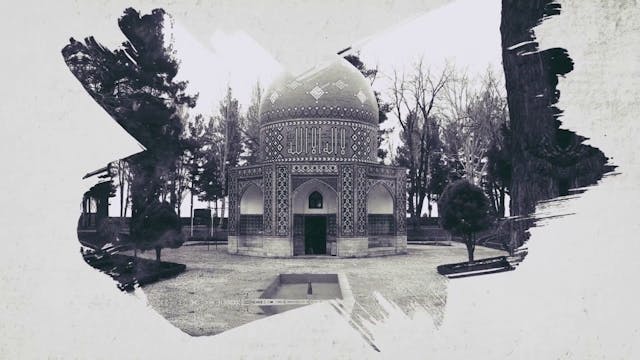Ibn Al-Bitar
Immortal in Memory, the Great Scholars and Scientists of Islam
•
19m
Ibn al-Bitar (1188–1248 CE) was an Arab botanist, pharmacist, and scientist who made significant contributions to the fields of botany, pharmacology, and medicine during the Islamic Golden Age. Born in Andalusia, Spain, he traveled extensively throughout North Africa and the Middle East, collecting botanical specimens and studying medicinal plants. Ibn al-Bitar's most famous work is "Kitab al-Jami fi al-Adwiya al-Mufrada," a comprehensive encyclopedia of medicinal plants and their uses. His meticulous observations and classifications greatly advanced the understanding of pharmacology in the medieval Islamic world. Ibn al-Bitar's work continues to be studied for its insights into herbal medicine and pharmacognosy.
Up Next in Immortal in Memory, the Great Scholars and Scientists of Islam
-
Sadr Al-Din Al-Shirazi
Sadr al-Din al-Shirazi (c. 1571–1640 CE), also known as Mulla Sadra, was a Persian philosopher and mystic of the Islamic Safavid era. Born in Shiraz, Iran, he is considered one of the most influential philosophers in the Islamic world. Mulla Sadra's philosophical system, known as "Transcendent Th...
-
Imam Muslim
Muslim ibn al-Hajjaj al-Qushayri (c. 815–875 CE), commonly known as Imam Muslim, was a prominent Islamic scholar and hadith compiler during the Abbasid era. Born in Nishapur, Iran, he dedicated his life to the study of hadith, the sayings and actions of the Prophet Muhammad. Imam Muslim is best k...
-
Ibn Khaldun
Ibn Khaldun (1332–1406 CE), full name Abu Zayd Abd al-Rahman ibn Muhammad ibn Khaldun al-Hadrami, was a pioneering Arab historian, sociologist, and philosopher. Born in Tunis, he is best known for his groundbreaking work, "The Muqaddimah" (also known as "Prolegomena" or "Introduction to History"...



